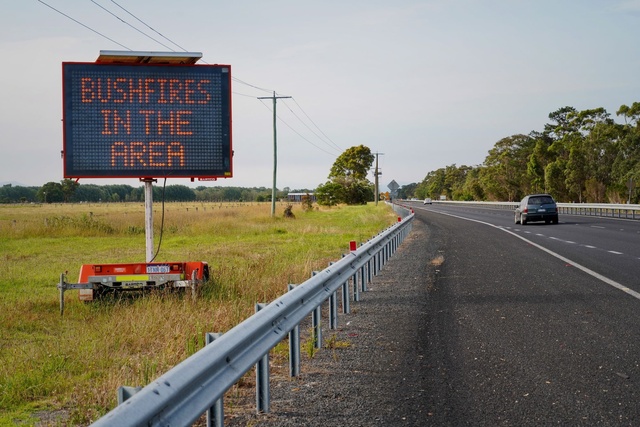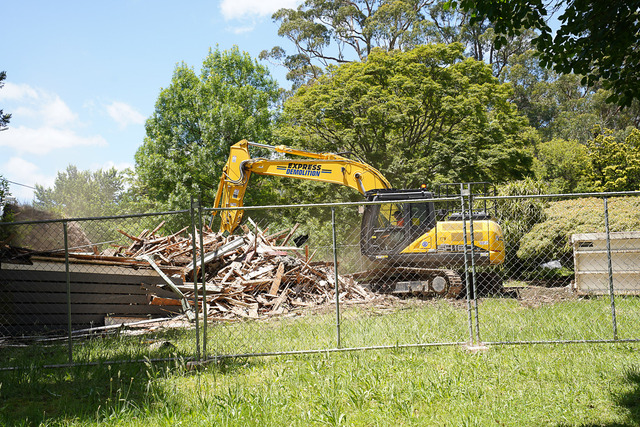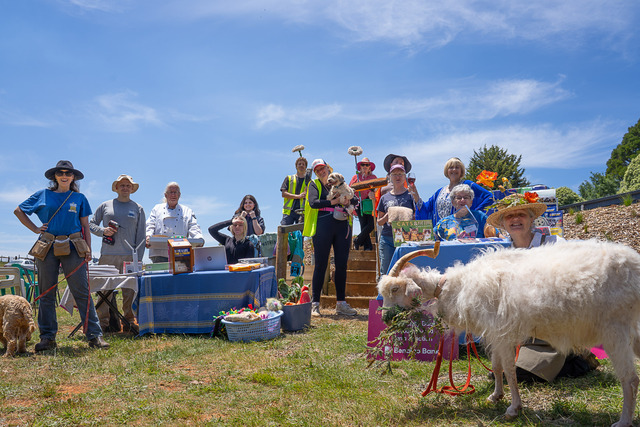By Jesse Graham
ANIMAL Aid’s CEO has praised the “positive action” of the Victorian Government in addressing puppy farming, with new legislation introduced on Tuesday 11 October.
Agriculture Minister Jaala Pulford announced on Tuesday 11 October that the Domestic Animals Amendment (Puppy Farm and Pet Shops) Bill 2016 was to be introduced into the Victorian Parliament.
Ms Pulford said the Bill would mean that breeders can only keep up to 10 fertile female dogs, down from 350, with a deadline of April 2020 for breeders to reduce their numbers through breeding out.
The amendment will also mean that any Victorian with a fertile female dog who sells her puppies, or who has three or more fertile female cats and sells her kittens will have to register as a domestic animal business with their local council.
Pet shops will only be able to sell puppies and kittens if they have come from a registered pound, shelter or foster carer under the proposed change.
“Victorians love their pets, and we all want to know our furry family members have come from safe and caring homes, not from illegal and cruel puppy farms,” Ms Pulford said.
“We promised Victorians we would crack down on cruel and illegal puppy farms, and this delivers on that promise.”
Animal Aid CEO Mark Menze said the organisation “fully supports” the government’s amendments.
“Time and time again, shelters such as Animal Aid are left to deal with the butterfly effect puppy farm and backyard breeders cause,” he said
“The Victorian Government has recently requested submissions for further animal welfare reform and we look forward to additional positive action around compliance and enforcement of breaches in animal protection laws.”
Foster carers looking after relinquished pets will be able to care for up to five animals without registering as a domestic animal business and will have reduced registration fees through council if the proposed changes pass Parliament.
A central registry of domestic animal businesses will also be created by the Victorian Government, which Ms Pulford said will assist councils with registering breeders and policing the new law.







